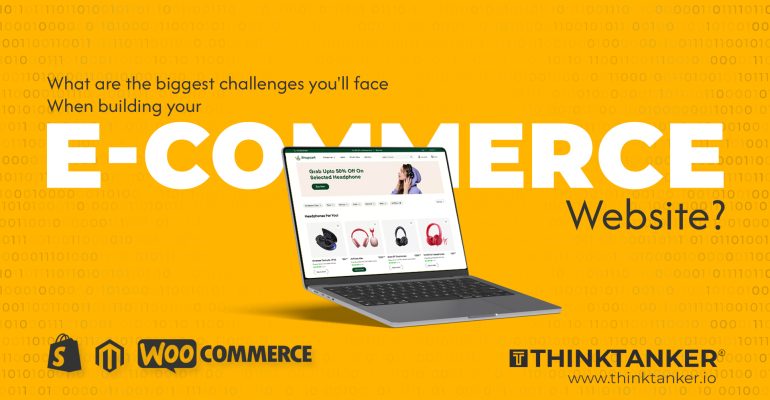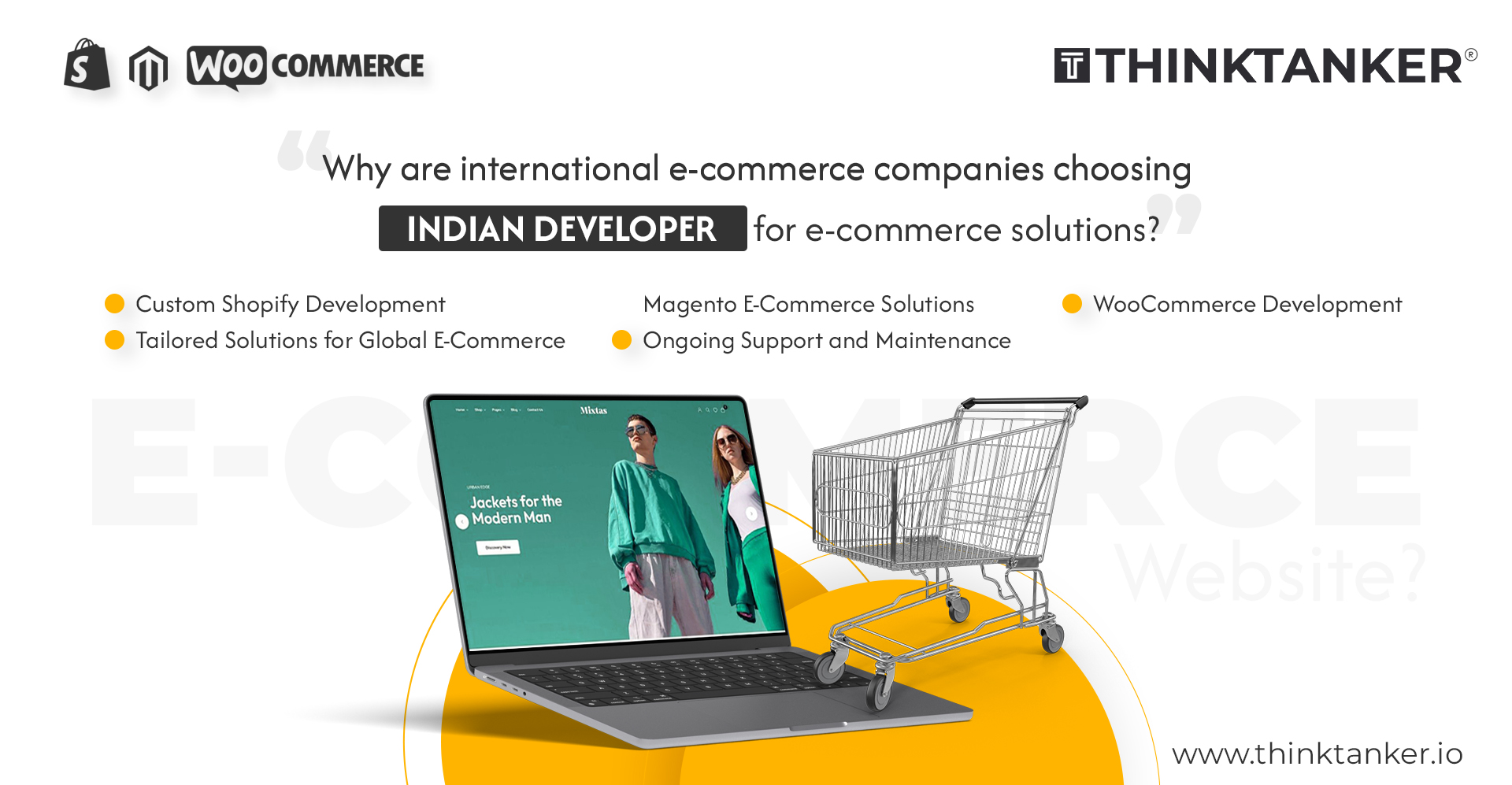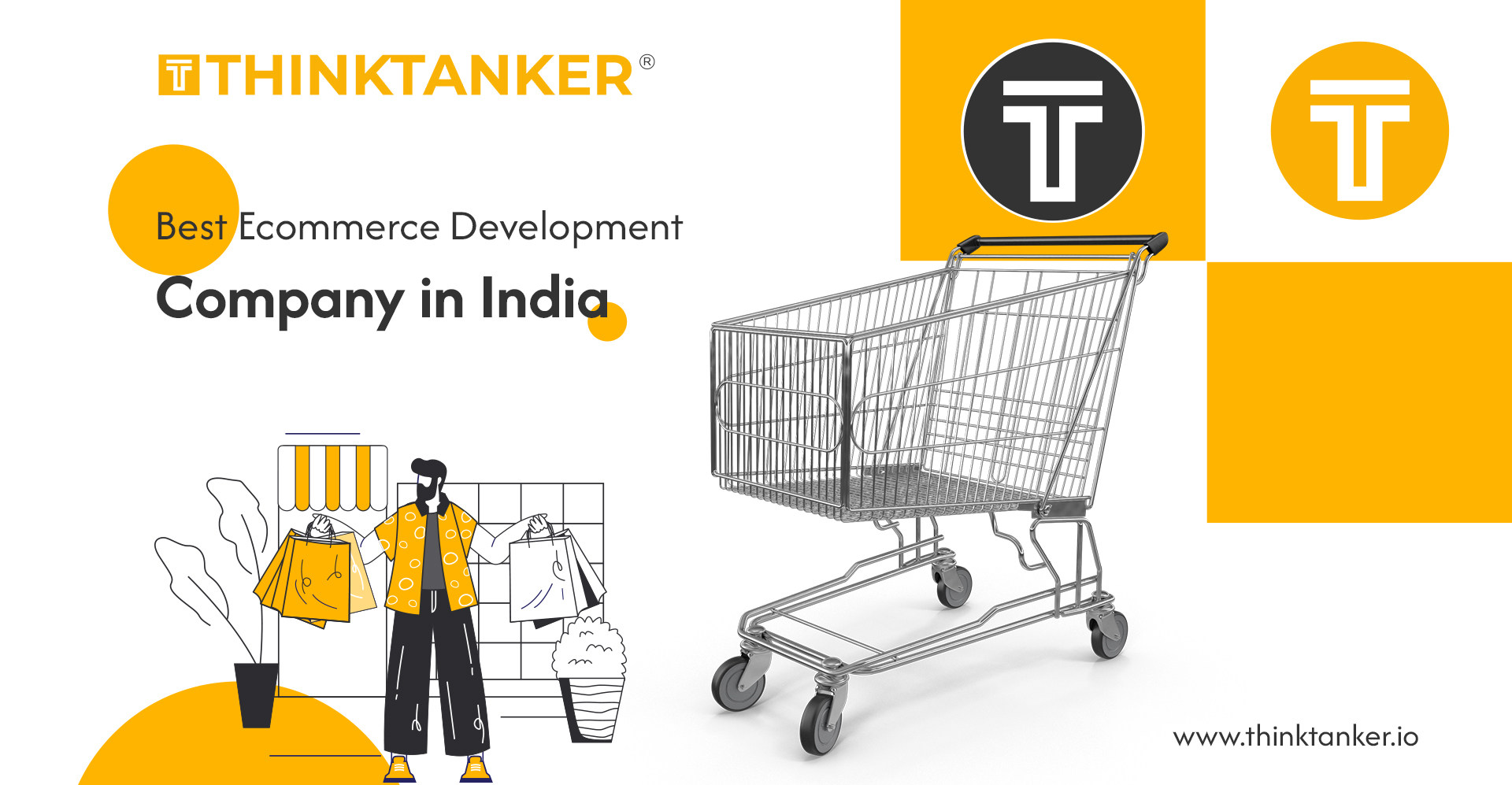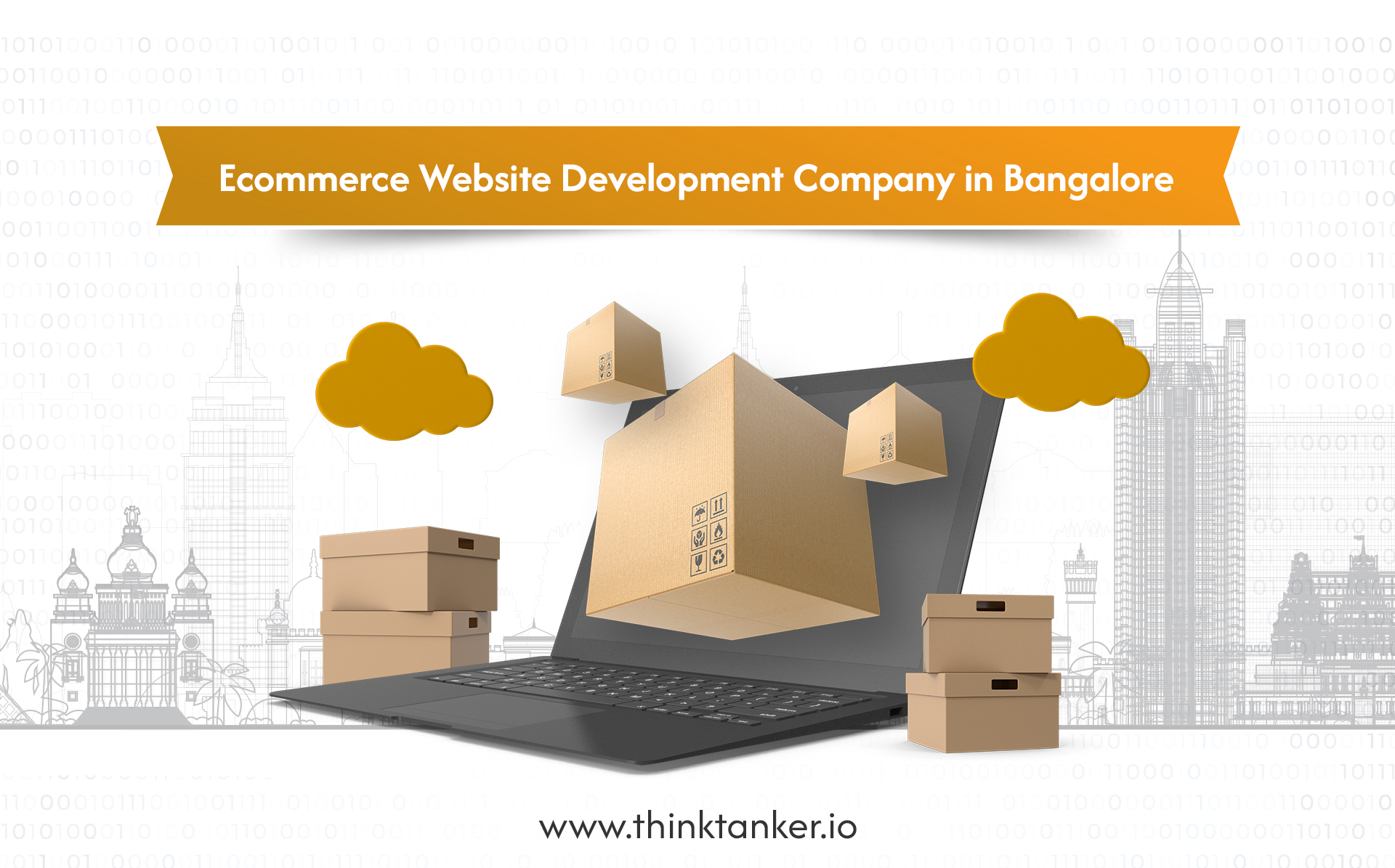What are the biggest challenges you’ll face when building your e-Commerce website?

Are you thinking about launching your e-Commerce business to expand your online presence and boost sales? While the potential for growth is exciting, there are several challenges you’ll encounter along the way. In This Article, we explore the major factors and common obstacles that every e-Commerce business faces when building their online platform. Stay ahead by understanding these crucial insights before you begin.
- Choosing the Right e-Commerce Platform
One of the first and most significant decisions in e-Commerce website development is selecting the right platform. There are numerous platforms like Shopify, Magento, WooCommerce, and custom-built solutions that offer varying levels of flexibility, scalability, and cost.
The challenge here lies in balancing your business needs with the capabilities of the platform. If you choose a platform that is too simplistic, you may struggle to scale in the future. On the other hand, choosing a platform that is too complex can lead to high development costs and unnecessary features.
Selecting the right e-Commerce platform is crucial for running a successful online store. Each platform offers unique features that can cater to different business needs. Here’s a closer look at three popular eCommerce platforms—Shopify, Magento, and WooCommerce—and how they can benefit your vector art business.
Shopify: Shopify is known for its simplicity and ease of use, making it an excellent choice for those who may not have extensive technical skills. Designed with the average user in mind, Shopify streamlines the process of setting up and managing an online store.
Magento: Magento is a robust platform that provides a range of advanced features suitable for businesses looking for more customization and scalability. If you have a growing vector art business with complex needs, Magento might be the right choice for you.
WooCommerce: WooCommerce is an open-source plugin for WordPress that provides a flexible and cost-effective solution for setting up an online store. It is particularly suitable for businesses looking to minimize initial investments while still having access to a wide range of features.
- Ensuring a User-Friendly Design and Experience
User experience (UX) is key to the success of any e-Commerce website. If your site is difficult to navigate, slow to load, or visually unappealing, potential customers are likely to abandon their carts and look elsewhere. A well-structured, intuitive, and aesthetically pleasing website plays a vital role in converting visitors into customers.
Some challenges include:
- Designing for mobile responsiveness
- Creating a seamless checkout process
- Displaying products in an engaging and informative manner
- Integrating Payment Gateways
Securing reliable and trusted payment gateways is a critical aspect of e-Commerce website development. Customers want to feel confident that their payment details are secure, and they also expect flexibility in payment methods. Integrating multiple payment options like credit cards, debit cards, digital wallets (e.g., Google Pay, Paytm), and Buy Now Pay Later (BNPL) schemes can improve customer satisfaction.
However, integrating various payment gateways can be complicated, especially when factoring in transaction fees, currency conversion, and ensuring compliance with legal and security regulations like PCI-DSS. Payment gateway integration is one of the most important parts of creating a seamless e-Commerce experience. For international transactions, popular gateways like PayPal, Stripe, Authorize.net, and Telr should be considered. In India, payment methods like Paytm and Google Pay are widely used, while globally, different payment gateways cater to various regions. Including these options will not only meet local preferences but also attract a broader range of customers by offering convenient payment methods.
- Security Concerns
Security is a significant challenge for any online business. e-Commerce websites are prime targets for cyberattacks due to the sensitive customer data they handle, including credit card details, personal information, and passwords. Building a secure e-Commerce website means staying ahead of potential threats like hacking, data breaches, and malware.
Some key challenges include:
- Ensuring SSL encryption
- Protecting customer data with robust cybersecurity measures
- Implementing secure login procedures (e.g., two-factor authentication)
- Managing Inventory and Product Listings
Nowadays, most platforms offer inventory tracking, so there’s no need for separate integration. Shopify, WooCommerce, and Magento all provide inventory tracking features. As a result, out-of-stock items are automatically hidden from the store.
However, if you’re using an ERP system and want to integrate it with your e-Commerce or Point of Sale system, most platforms provide APIs. This allows for seamless integration and enables you to achieve efficient inventory tracking across systems.
Furthermore, inventory management systems need to be integrated with your e-Commerce platform to ensure you are not selling out-of-stock items.
- Handling Shipping and Logistics
Shipping and logistics are crucial to the success of any e-Commerce business. The challenge lies in offering competitive shipping rates while ensuring timely deliveries. Complexities arise when working with different international shipping companies like DHL, FedEx, or UPS, each with varying delivery timelines. Customers may also expect free or next-day shipping, adding to the challenge.
When shipping products internationally, businesses often encounter logistical hurdles, such as customs, taxes, and import duties. Fortunately, all major shipping providers offer live tracking, giving real-time updates so you can stay informed on your project’s progress.
- SEO and Digital Marketing
Building a great e-Commerce website is just the first step; driving traffic to the site is the real challenge. e-Commerce businesses often face stiff competition, which makes search engine optimization (SEO) critical. Without proper SEO, your website may not rank well on Google, making it harder for potential customers to find you.
Challenges include:
- Optimizing product pages for search engines
- Creating content that resonates with both search engines and customers
- Managing paid marketing campaigns
- Providing Personalized User Experiences
In today’s competitive e-Commerce landscape, personalization is key to increasing customer loyalty and boosting sales. However, creating personalized shopping experiences based on customer behavior, preferences, and purchase history can be challenging to implement.
This requires gathering and analyzing customer data and creating dynamic website features such as product recommendations, personalized email campaigns, and tailored promotions.
- Scaling Your e-Commerce Website
As your business grows, so do the demands on your e-Commerce website. A small online store may initially perform well with basic infrastructure, but as traffic and sales increase, you’ll need to ensure that your site can scale effectively. Scalability is critical in handling increased traffic, maintaining fast page load times, and supporting new features or product categories.
- Providing Excellent Customer Support
Offering excellent customer support is one of the cornerstones of a successful e-Commerce business. Whether it’s handling returns, answering product inquiries, or troubleshooting payment issues, your website needs to offer robust customer support options.
Challenges in this area include:
- Offering 24/7 support for customers across different time zones
- Integrating live chat, email, and phone support into your website
- Automating frequently asked questions and common queries
These are just some of the common challenges that e-Commerce development companies face when building a website, but there’s a solution—hiring a skilled and experienced e-Commerce development company.
Building a successful e-Commerce website in India requires careful planning, the right technology, and ongoing optimization to overcome various challenges. Whether you’re grappling with choosing the right platform, managing security, or scaling your site for future growth, the right e-Commerce development partner can make all the difference.
So, if you’re planning to build an e-Commerce website, ThinkTanker is the e-Commerce website development in India & right partner to ensure your project’s success.
Contact us today and take the first step toward building a successful e-Commerce business!




